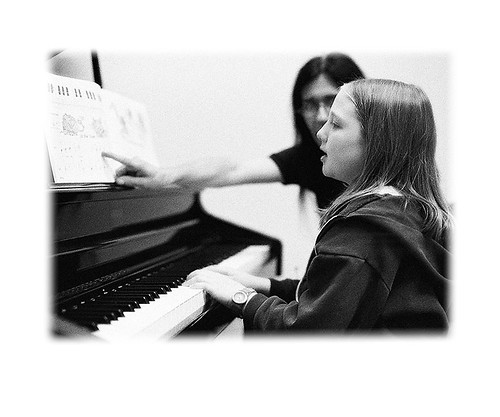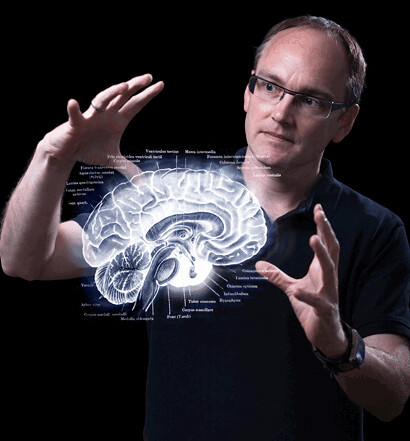Heal Your Angry Brain, Part 4: Relationships Matter
by Gina Simmons, Ph.D.
From the time an infant is first placed in his mothers arms, then given his first feeding, the mother/child relationship is linked to survival. An infant reflexively squeezes mommy’s finger, tilts his face toward hers, and the bond of emotional attachment forms. Nursing mothers release the hormone oxytocin, fostering a warm, relaxed feeling of attachment to the child. As the baby gains nourishment, the child feels satisfaction and comfort, forming the early food-means-love connection.

Relationships = Survival
In adult life our survival emotionally, economically and physically depends on a complicated web of relationships. We depend on loved ones to remind us of our worth. Employers, educators, and co-workers contribute to our economic survival. Grocers, health care professionals, security and service personnel ensure our physical survival in a modern society. Our relationships shape the growth of connections in our brain as neurons form and make new connections based on our experiences. When you watch your football coach demonstrate a perfect spiral, mirror neurons in your brain’s motor cortex activate as if you were the one throwing the ball. That helps you pick up the ball and imitate that action. When your piano teacher shows you the correct fingering of a piece of music, mirror neurons activate auditory and motor neurons in your brain to help you perform the music.

Mirror, Mirror In Your Brain
As you get older, you watch your parents argue. If they shout and swear when angry, your mirror neurons learn to make that connection when you feel angry. Living with an angry family member can shorten your lifespan as stress chemicals flood your blood stream, threatening your healthy balance of brain chemistry and hormones. As you feel angry in reaction to the hostility at home, your arteries narrow, and you can develop gastro-intestinal problems, headaches and other symptoms. These symptoms feedback to your brain a sense of stress and danger that can keep you tense and angry for a long time.

When you leave home for college and work you bring with you the need for relationships to remind you of your worth, to provide nourishment, mental stimulation and growth. Unfortunately anger problems can damage your relationships, pushing people away at a time when you need them the most. Fortunately modern neuroscience shows us how to change our angry reflexes, so that we can protect ourselves without harming the people we depend upon for our survival.
Change Your Angry Brain
Whether you want to learn to throw the perfect spiral, play a Mozart concerto, or break your anger habit, practice makes perfect. With repetition, effort, and training by experts you can learn complicated tasks throughout your life. Anger control training requires the same effort, practice and commitment as any other challenging task. When we practice something regularly over time, the brain wires new connections, making each repetition easier. Remember learning to ride a bike? It took all your energy and attention to stay balanced. Over time it gets easier and more automatic and you use less energy than you did when you were still learning to push one pedal after another. In our anger and conflict management classes we help people learn new habits to live healthier and happier lives. Participants report life-changing improvement in relationships and higher self-esteem as they learn to master the anger reflex. To get started down the path to healing your angry brain, work on these three behaviors on a daily basis. You can expect to notice some positive changes in your reactivity in a few short weeks.
- Physical: Engage in at least 30 minutes of aerobic activity every day. This lowers stress, increases circulation to the brain, fostering the growth of healthy brain tissue.
- Mental: Tell yourself, “I will strive to forgive those who hurt me, as I wish to be forgiven for the hurt I have caused others.”
- Emotional: Perform at least one act of unexpected kindness each day for the people you care about. When we show compassion and kindness to others we strengthen our emotional ties, increasing the flow of positive, stress-relieving brain chemistry.
Get started on these simple changes and notice how you feel. With practice, you can throw that spiral, play that piano and change your angry brain.
Photos courtesy of colorcritical, Sandersd2006, and DDB UK.

Hi Gina,
I liked your article. Good stuff!
Mike
Thanks Mike! Glad you enjoyed it!
Hi, Dr Gina i liked ur article, interesting..good.
Thank you Zubia. Glad you found the article interesting.
It seems you are describing the neurological process of learned behavior. While I agree it’s important to learn new behaviors, it seems that anger must often be unlearned before more positive behaviors can take its place.
Thank you Steve for your comment. Anger really can’t be unlearned as it is wired into our survival system. But perhaps you’re referring to some of the problem behaviors we engage in while angry. Those can be unlearned, or we can learn more healthy substitutes to those behaviors that give anger a bad reputation. Anger itself is a necessary emotion that alerts us when we are in danger or when something is wrong.